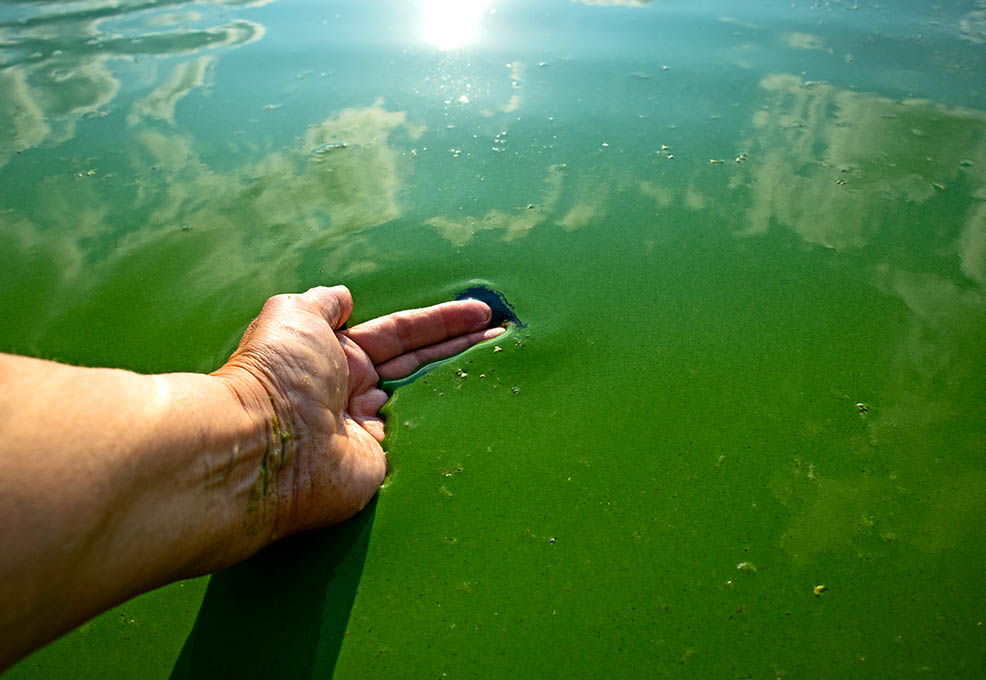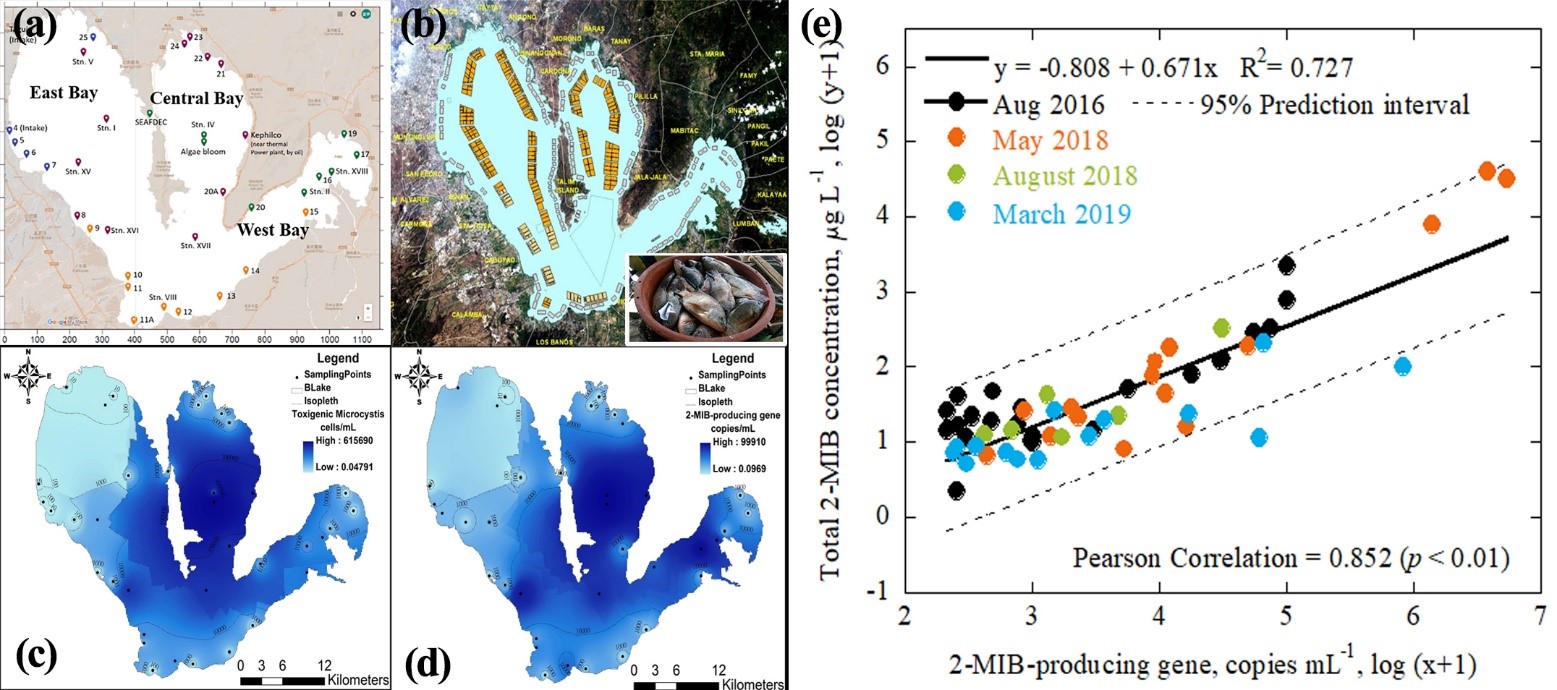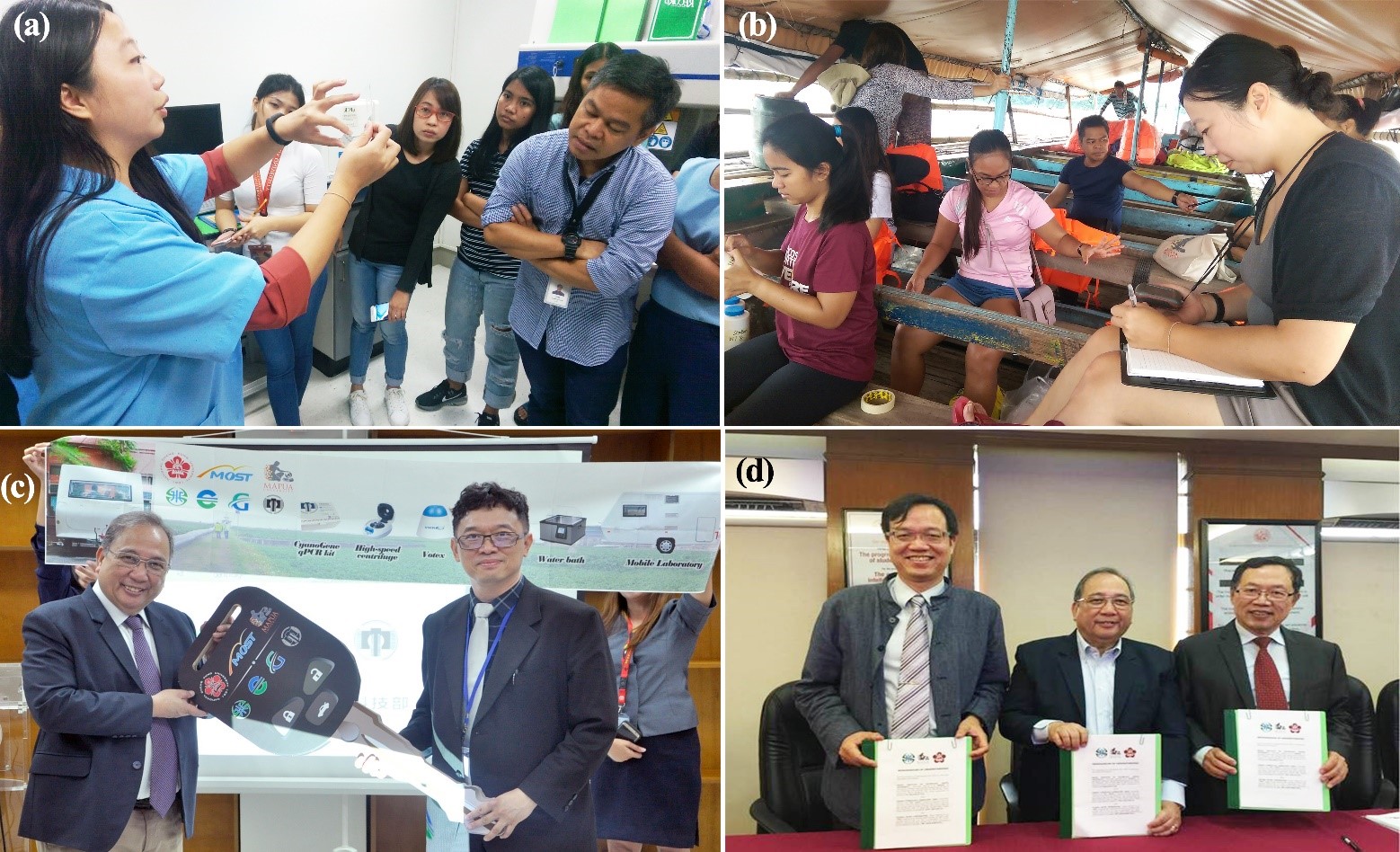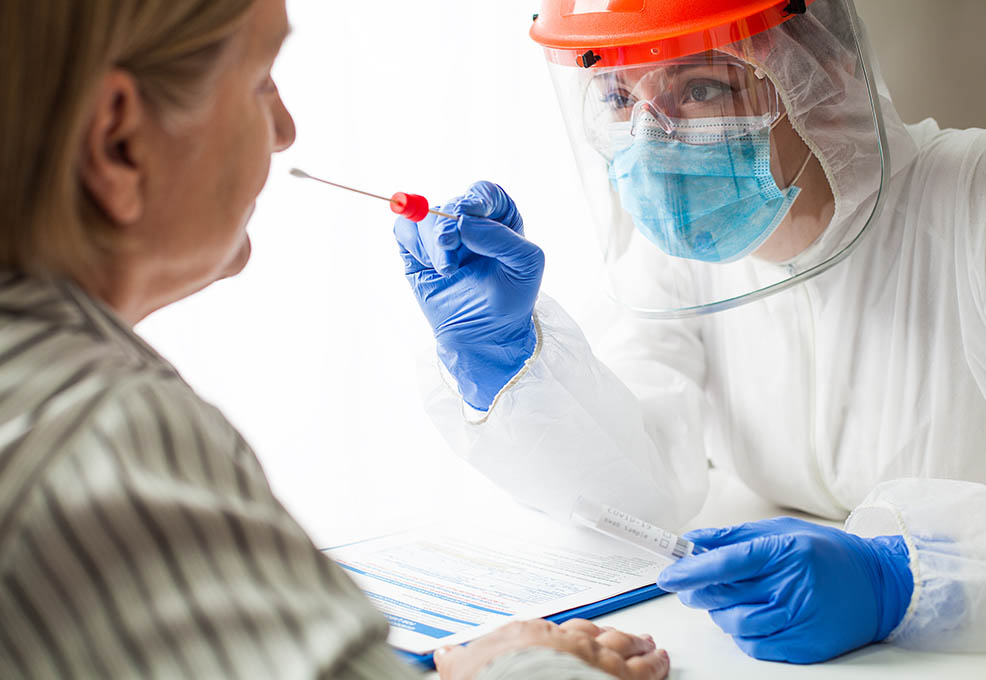Great Cooperation with New Southbound Countries in Disaster Prevention Monitoring Technology

Author(s)
Tsair-Fuh LinBiography
Tsair-Fuh Lin is a distinguished professor in the Department of Environmental Engineering and Vice President for Research and Development at National Cheng Kung University in Taiwan (NCKU). His research interests include two areas, identification and treatment of algal metabolites in drinking water, and adsorption and novel treatment techniques for contaminated groundwater. Dr. Lin has received many outstanding teaching and research awards, including Excellent and Outstanding Teaching and Research Awards (2007-17) from NCKU, a Fellow of the International Water Association, receipt of the Ho-Chin-Tsui Outstanding Award, the Teco Award, and the Outstanding Research Award from Taiwan’s Ministry of Science and Technology. In addition, he also serves as editor for several international journals, including Chemosphere.
Academy/University/Organization
National Cheng Kung University-
TAGS
-
Share this article
You are free to share this article under the Attribution 4.0 International license
- ENGINEERING & TECHNOLOGIES
- Text & Image
- September 24,2020
The Philippines is the closest neighboring country to Taiwan. It is facing water resources contamination due to insufficient infrastructure and lack of source water protection. Relating to the water contamination issue, the water quality research team of National Cheng Kung University (NCKU) has a long-term collaboration with Mapúa University. The team evaluated the risk of cyanobacteria and their metabolites in Laguna de Bay by using the real-time quantitative chain polymerase reaction (qPCR) system. Specific primers and probes are used to quantitatively analyze the concentration of cyanobacteria functional genes associated with toxins and other metabolites at a faster pace (within 3 hours for 48 samples). This technique can solve the shortcomings of traditional analysis methods, such as (1) being time-consuming; (2) the inability to classify cyanobacteria species without well-trained professionals; and (3) the inability to visually determine the toxic and non-toxic strains of the same cyanobacterial species. The monitoring results found an issue of serious eutrophication in Laguna de Bay along with the presence of microcystins, cylindrospermopsin, 2-MIB, and many other water quality problems.
The “Taiwan-Philippines Joint Water Quality Research and Innovation Center (TP-WRIC)” was co-established by NCKU and Mapúa. TP-WRIC has organized five workshops/conferences, trained more than 150 Filipino researchers, and assisted in large-scale water quality surveys in the Philippines in the past 2 years. Meanwhile, Taiwanese companies have donated a mobile laboratory trailer, equipment, and materials to enhance the water quality research capabilities for TP-WRIC. Besides, more academic collaborations and more opportunities for technology transfers and applications for Taiwan water industry teams in the Philippines are underway.

Laguna de Bay is an important source of drinking water in Manila. The water quality research team of National Cheng Kung University (NCKU) has a long-term collaboration with the Philippine academic community. In 2016, it was supported by the Mapúa University project to help to analyze the water quality problems of Laguna de Bay (Fig. 1a). The team evaluated the risk of cyanobacteria and their metabolites in Laguna de Bay by using the real-time quantitative chain polymerase reaction (qPCR) system. Specific primers and probes are used to quantitatively analyze the concentration of cyanobacteria functional genes associated with toxins and other metabolites at a faster rate (within 3 hours for 48 samples). The results show that Central Bay has the highest risk of toxigenic Microcystis cells (Fig. 1c). The microcystin concentration was over 200 times that of the drinking guidance for microcystin-LR recommended by the World Health Organization. In the case of the T&O compound, 2-MIB, the higher risk of the 2-MIB-producing gene was located in the Central Bay and West Bay (Fig. 1d), showing the seriousness of the odor problem in the water source, which has a great impact on the safety and taste of drinking water. In the Web of Science database, only two previously published reports are related to harmful cyanobacteria in the Philippines, and they mainly focus on the investigation of microcystins. Based on the sampling data, the team has published the first paper focusing on biomolecular monitoring of cyanobacteria and metabolites in the water sources of the Philippines. The monitoring results found an issue of serious eutrophication in Laguna de Bay along with the presence of microcystins, cylindrospermopsin, 2-MIB, and many other water quality problems. Their utilities face difficulties in water treatment and hence, the issues need to be resolved urgently. Besides being drinking water sources, Laguna de Bay has many fish farms (Fig. 1b). Chances of cyanotoxins and 2-MIB accumulation in the fish through biomagnification poses an increased risk of health hazards or perception problems for people who eat fish. The investigation also established the correlations among metabolite concentration, functional gene amounts, and cyanobacterial cell numbers, allowing for the prediction of the cyanobacteria risk based on qPCR results (Fig. 1e). It can also solve the shortcomings of traditional analysis methods, such as (1) being time-consuming; (2) the inability to classify cyanobacteria species without well-trained professionals; and (3) the inability to visually determine the toxic and non-toxic strains of the same cyanobacterial species which often coexist in the environment.

Fig. 1. (a) Sampling map of Laguna de Bay; (b) The location of fish farms in Laguna de Bay; (c) Concentration contour for toxigenic Microcystis genes; (d) Abundance contour for 2-MIB-producing genes; (e) Correlation between qPCR gene abundance and 2-MIB concentration with 95% prediction interval.
The Philippines is the closest neighboring country to Taiwan. It is facing water resources contamination due to insufficient infrastructure and lack of source water protection. Also, monitoring data on harmful cyanobacteria in drinking water sources is lacking. Further, most of the samples are sent to a foreign country for testing, often taking as long as 1 to 2 months to obtain the report.
Since the NCKU team has long-term research experience on water quality issues in the Philippines, it proposes to co-establish the “Taiwan-Philippines Joint Water Quality Research and Innovation Center (TP-WRIC)” by NCKU and Mapúa, combining the Taiwan Water Corporation, China Ecotek Corporation, Maynilad Water Services Inc., and Manila Water Company, Inc. to establish a platform for communication/cooperation with local industries. TP-WRIC has trained more than 150 Filipino researchers, assisted in large-scale water quality surveys, and jointly discussed the water quality and water treatment issues in the Philippines in the past 2 years (Fig. 2a, b). Meanwhile, Taiwanese companies have donated a mobile laboratory trailer, equipment, and materials, valued at over NT$1,250,000 to enhance the water quality research capabilities for TP-WRIC. The centre is deepening the scientific and technological cooperation between Taiwan and the Philippines, and more academic collaborations and more opportunities for technology transfers and applications for Taiwan water industry teams in the Philippines are underway (Fig. 2d).
According to the United Nation’s Sustainable Development Goals (SDGs), it is expected that before 2030, people all over the world will have safe drinking water available, which indicates that drinking water quality has become a primary issue worldwide. Therefore, the “Taiwan-Philippines Joint Water Quality Research and Innovation Center” can serve as a springboard for Taiwan's water quality technology and can further promote it in the Asia-Pacific region to help address water quality problems.

Figure 2. (a) The training workshop held at Mapúa University, Philippines; (b) The on-site sampling in Laguna de Bay; (c) The donation was presented by Dr. Dar-Bin Shieh, Deputy Minister of MOST, and received by Dr. Reynaldo B. Vea, President and Chief Executive Officer of Mapúa; (d) NCKU, Mapúa University, and Taiwan Water Corporation signed a tripartite memorandum of understanding (MoU).
STAY CONNECTED. SUBSCRIBE TO OUR NEWSLETTER.
Add your information below to receive daily updates.




